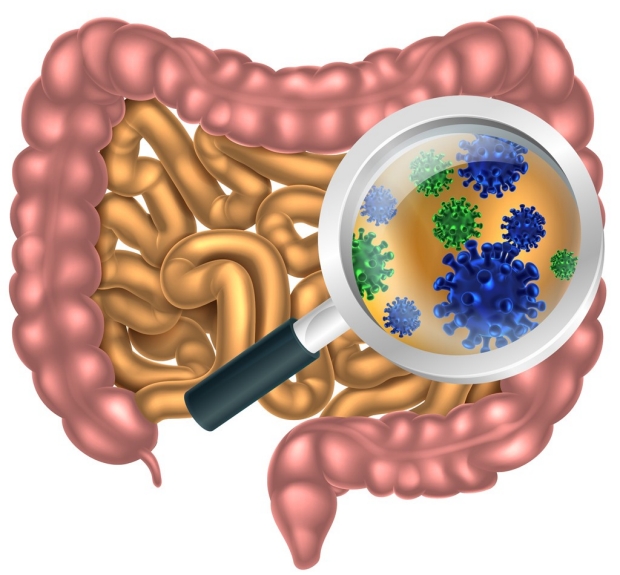 English
English

The microbial composition of the human gut is largely affected by the diet consumed by the individual, suggests a new study.

Washington D.C: The microbial composition of the human gut is largely affected by the diet consumed by the individual, suggests a new study.
This in turn affects a range of metabolic, hormonal, and neurological processes, according to a literature review by scientists from the George Washington University (GW) and the National Institute of Standards and Technology (NIST).
The article was published in Nutrition Reviews.

Until recently, human microbiome remained an understudied target for new strategies to diagnose and treat disease. The prevalence of diseases that may involve disruption of the gut microbiome is increasing and there is currently no consensus in the scientific community on what defines a healthy gut microbiome.
The review systematically assessed the current understanding of the interactions between nutrition and the gut microbiome in healthy adults.
Also Read: IMF says global economy in recession
"As we learn more about the gut microbiome and nutrition, we are learning how influential they are to each other and, perhaps more central to public health, the role they both play in prevention and treatment of disease," said Leigh A. Frame, PhD, MHS, program director of the Integrative Medicine Programs at the GW School of Medicine and Health Sciences.

The authors found that the bi-directional relationship between nutrition and the gut microbiome is emerging as more research is conducted on how microbiota utilize and produce both macro and micronutrients. Research has focused on the benefits of dietary fiber, which serves as fuel for gut microbiota, and also found that, in contrast, protein promotes microbial protein metabolism and potentially harmful byproducts that may sit in the gut, increasing the risk of negative health outcomes.
Also Read: Ward boy of private hospital in Patna tests positive
"This review reveals that the measurement tools currently in our arsenal are ineffective for identifying the microbial and molecular signatures that can serve as robust indicators of health and disease," said Scott Jackson, adjunct assistant professor of clinical research and leadership at SMHS and leader of the Complex Microbial Systems Group at NIST.
The authors suggested that future research must consider individual responses to diet and how the gut microbiome responds to dietary interventions, as well as emphasized function of the microbiome over mere composition. (ANI)